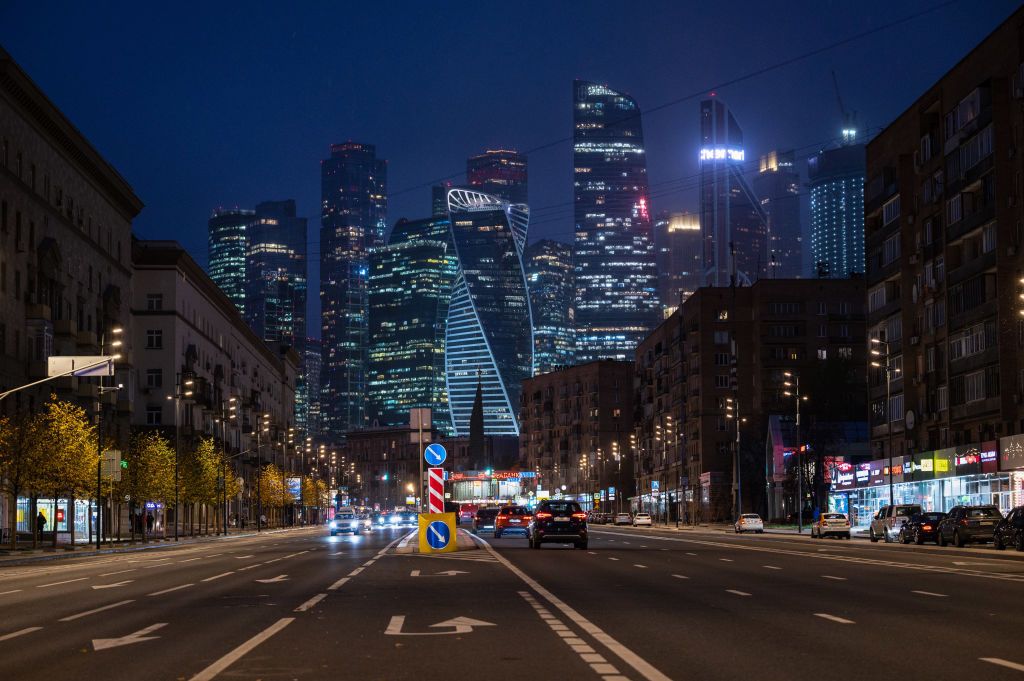Aliyev congratulates Putin on birthday in rare call amid strained Russia-Azerbaijan ties

Azerbaijani President Ilham Aliyev called Russian President Vladimir Putin on Oct. 7 to congratulate him on his 73rd birthday, Kremlin spokesperson Dmitry Peskov said.
The call is the first publicly reported conversation between the presidents since March. Their relations had seemed to deteriorate since then, as Moscow and Baku clashed over several political and security issues.
"Indeed, there was a telephone conversation. This is important. And indeed, President Aliyev congratulated President Putin on his birthday. That is all I can say for now," Peskov told reporters.
The Azerbaijani president's press service said the two leaders exchanged views on "the current state and prospects of relations between Azerbaijan and Russia," without providing details.
After the earlier March call, Russia carried out drone strikes in Ukraine targeting sites linked to Azerbaijani companies, while Azerbaijan shuttered Russian propaganda outlets and detained Russian citizens.
Baku also canceled Russian cultural events and accused Russian police of torturing two Azerbaijani nationals who died in custody in the Russian city of Yekaterinburg in June.
The most serious rupture followed the December 2024 crash of an Azerbaijani airliner, which preliminary investigations suggested was downed by Russian air defense forces near Grozny.
The aircraft, en route from Baku to Grozny, crashed near Aktau, Kazakhstan, killing 38 of the 67 people on board. Although Putin called Aliyev after the incident, Moscow did not acknowledge responsibility.
Aliyev has increasingly voiced frustration with Moscow.
In an interview in late August, he called the killing of Azerbaijanis in Yekaterinburg an "unprecedented act" and described Azerbaijan's 1920 incorporation into Soviet Russia as an "occupation."
Despite the tensions, the Kremlin has sought to publicly maintain an image of normal relations. Putin sent birthday greetings to Aliyev's wife in August, asking her to convey his "regards" to the president.
The rift has also extended to the battlefield in Ukraine.
Russian forces struck a SOCAR fuel depot in Odesa Oblast on Aug. 8, injuring four workers, weeks after another attack on a Trans-Balkan pipeline station linked to Azerbaijan.
During a phone call on Aug. 10, President Volodymyr Zelensky and the Azerbaijani president condemned the attacks and discussed strengthening bilateral energy cooperation.
Aliyev also allocated $2 million on Aug. 11 to help Ukraine purchase electrical equipment, amid reporting suggesting Baku might reconsider its ban on providing military assistance to Kyiv.
Before Russia's full-scale invasion in 2022, Azerbaijan supplied Ukraine with military equipment, including drones and armored vehicles.
Since then, Baku has avoided sending lethal aid but has provided more than $40 million in humanitarian and energy assistance to Ukraine.












